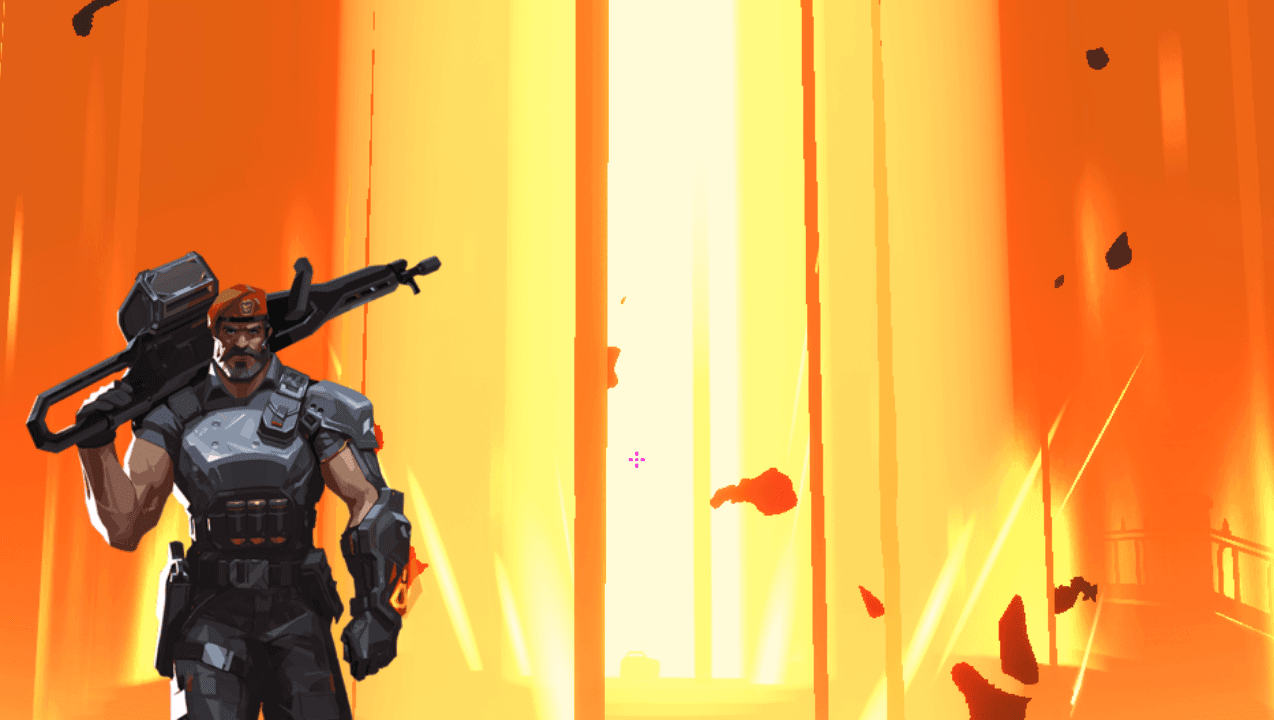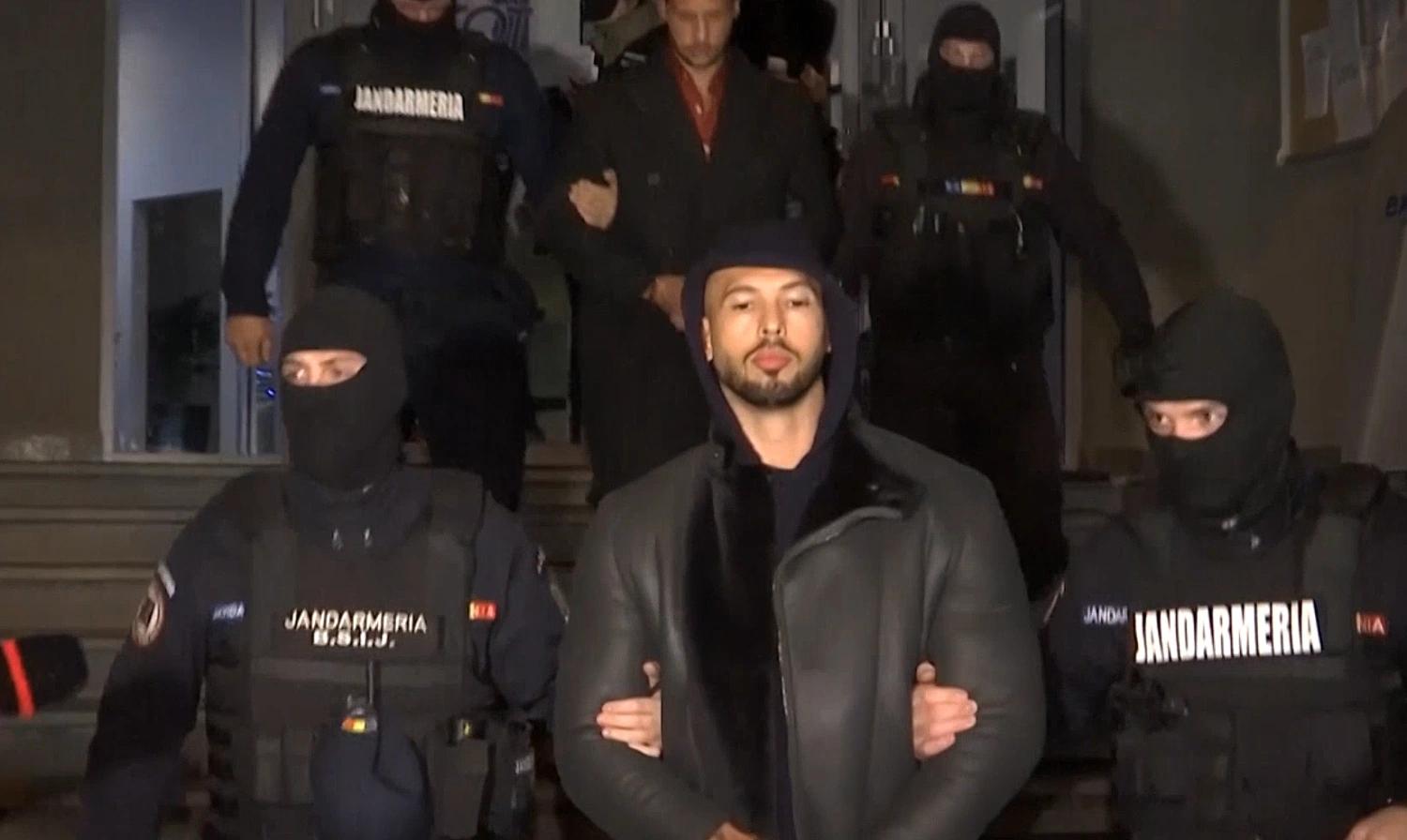
Andrew Tate criticized for defending toxicity in Valorant, demanding ban on female players
Andrew Tate is defending a toxic Valorant troll, and gaming community isn’t happy.
Valorant
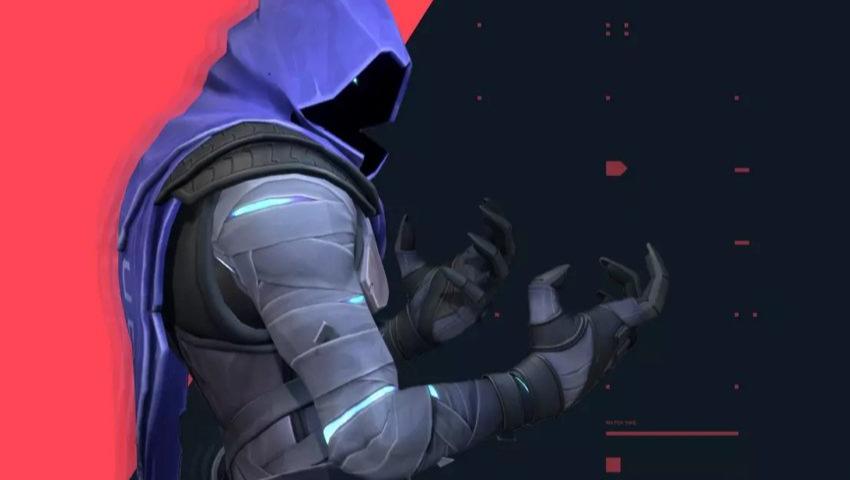
Valorant announces VCT Seoul groups, here are all 16 teams
Who’s playing this time around?

Valorant console release date has been leaked, and it’s soon
It’s coming in less than a week.

When is Valorant Agent 26 release date?
A plant-based initiator is confirmed…sort of.
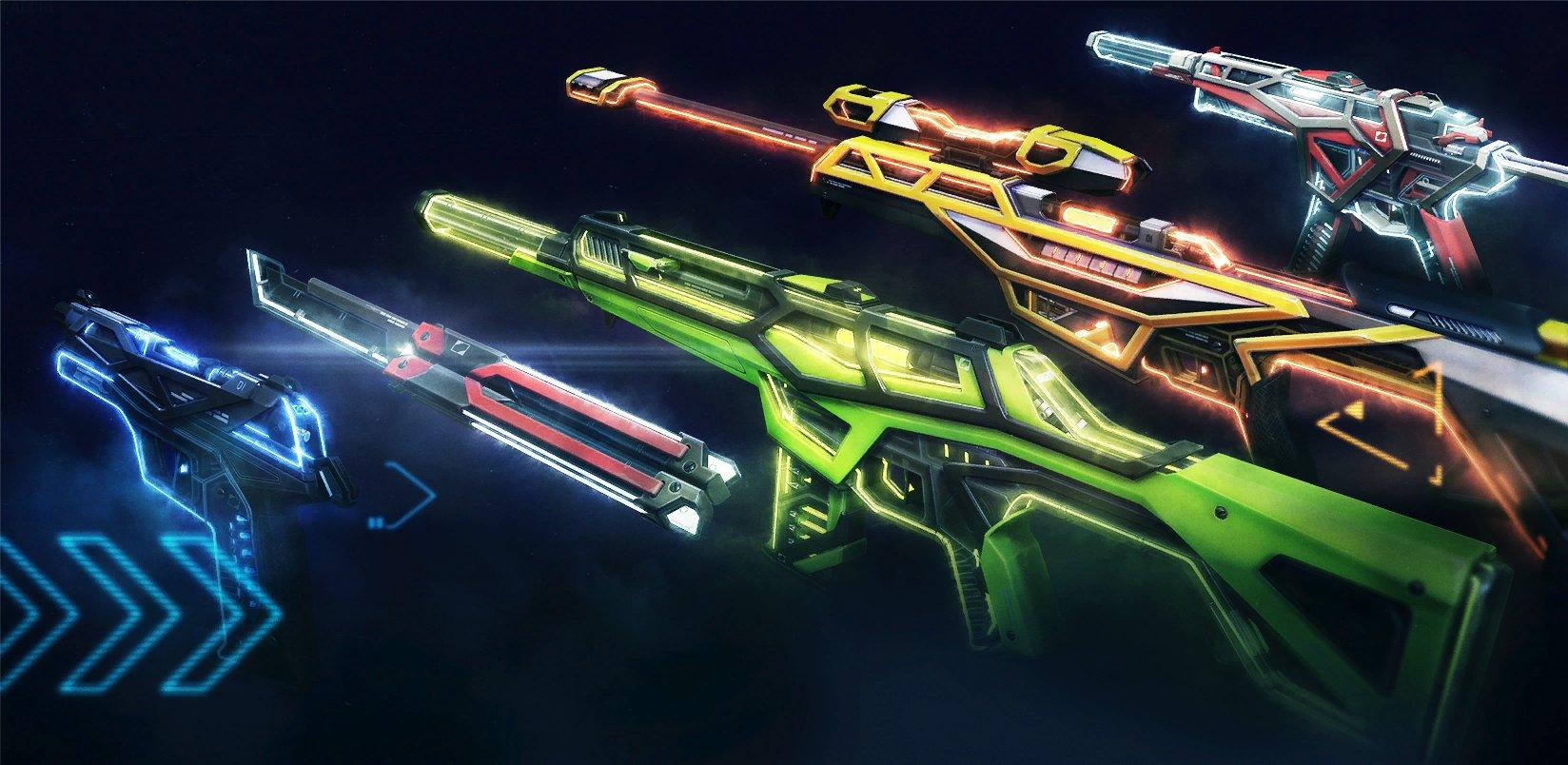
Is RGX 11z Pro 3.0 bundle in Valorant real? Here’s what we know
Will it include an Outlaw skin?

Valorant error code 62: What does it mean and how to fix it
It’s a bit complicated.
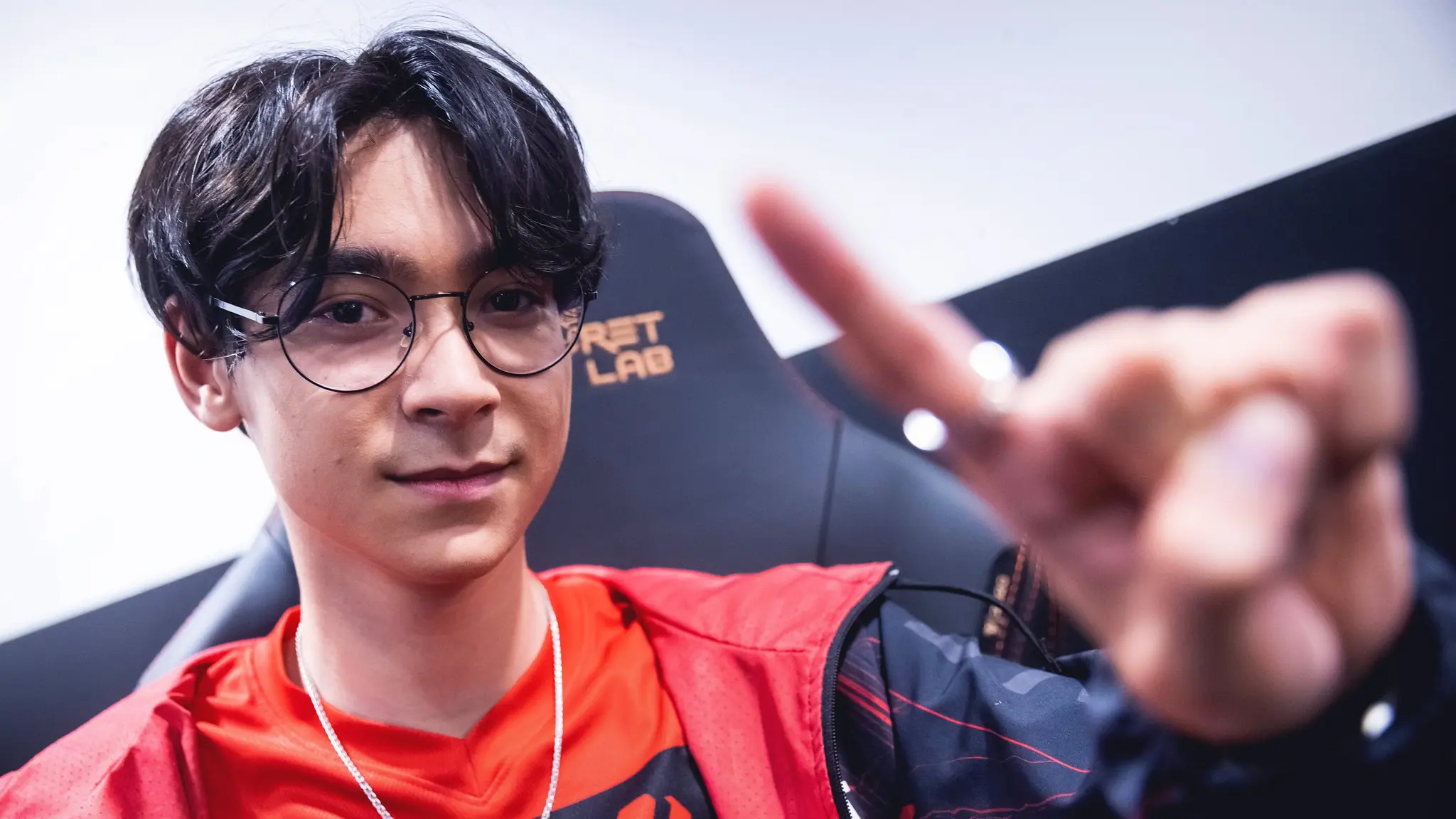
“My brain gets cooked”: TenZ complains about Evori Dreamwings bundle
Cute? Get it out of here.

Valorant Agent 26 could be a plant-based initiator
Agent 26 looks too familiar.
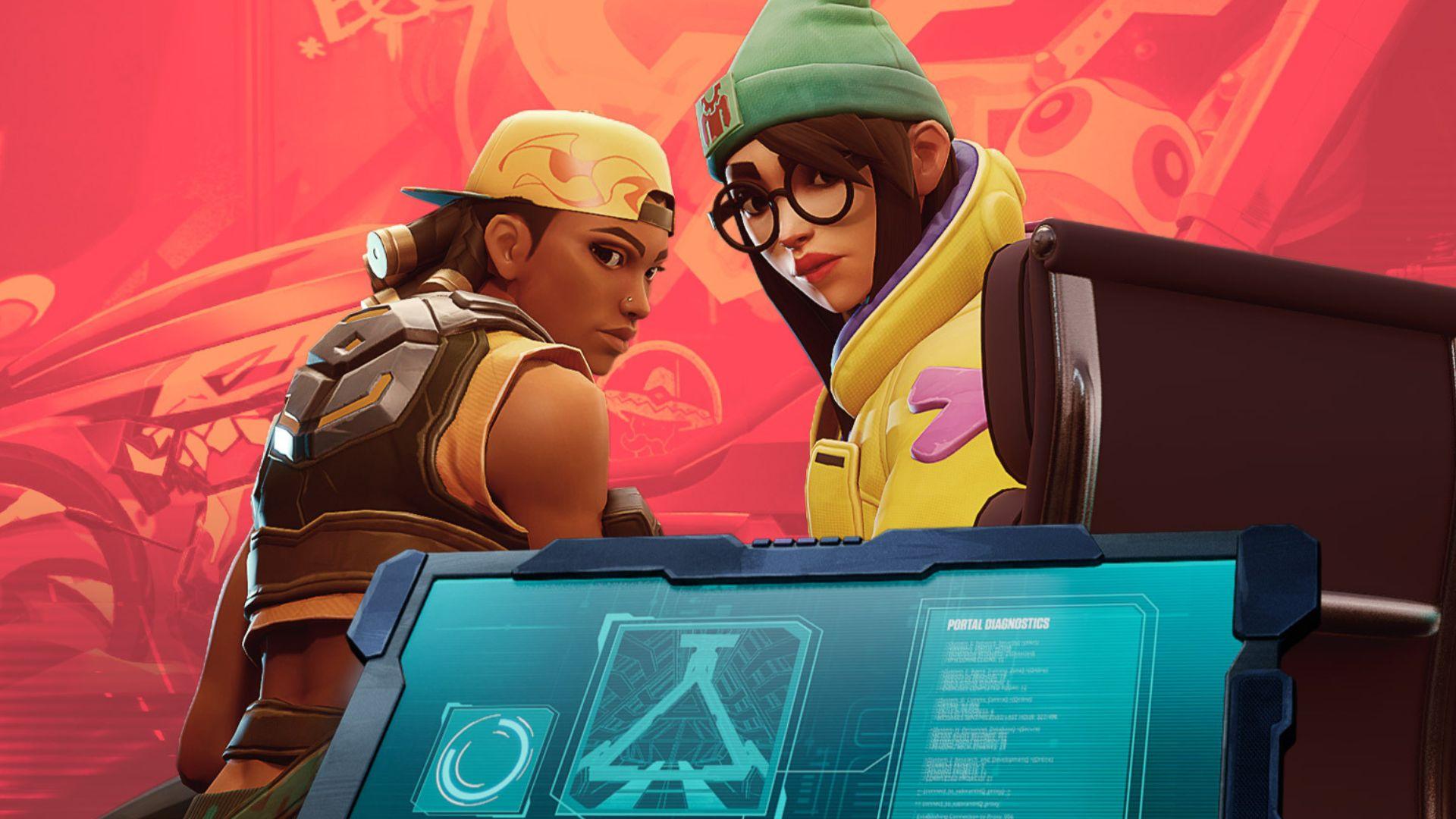
How to register for the Valorant console beta
Valorant players can finally play on PlayStation 5 and Xbox Series X|S.

Valorant PS5 trophy list leaked, here’s all we know
That doesn’t look so hard.
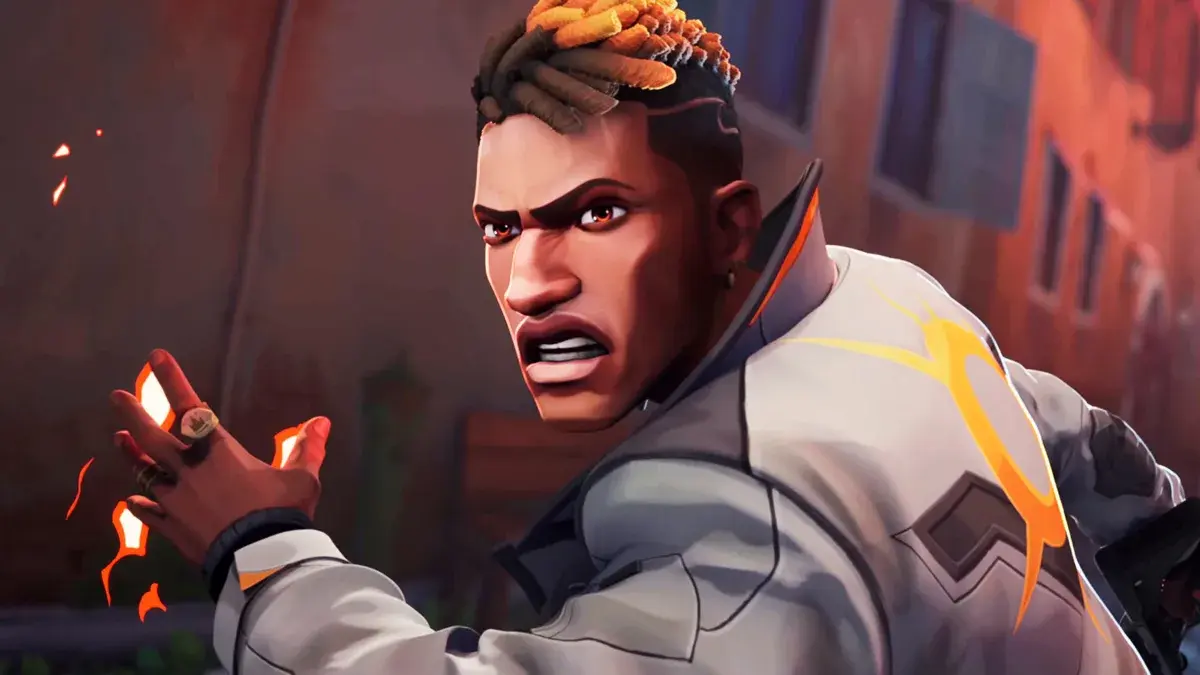
New Valorant map Abyss has game-breaking exploit
Abyss is not working as intended with certain agents.


